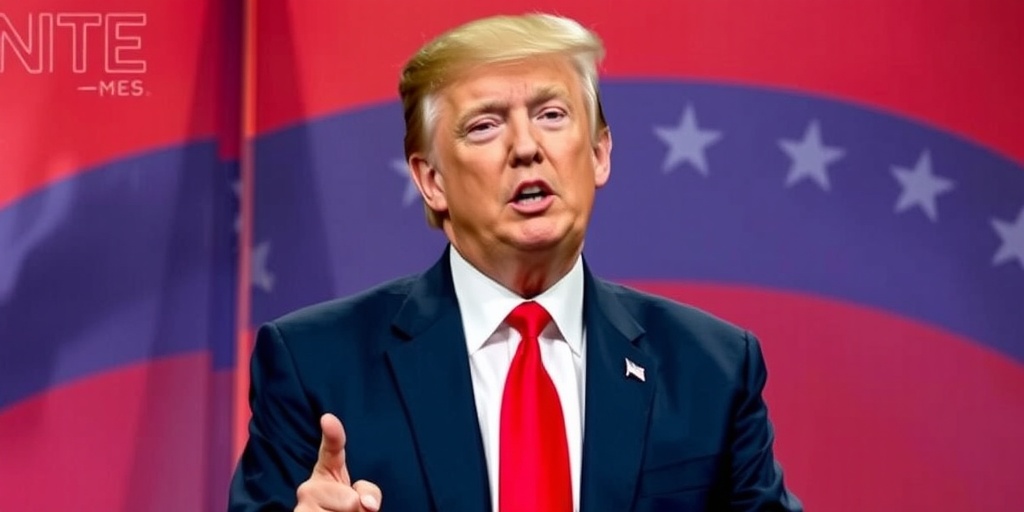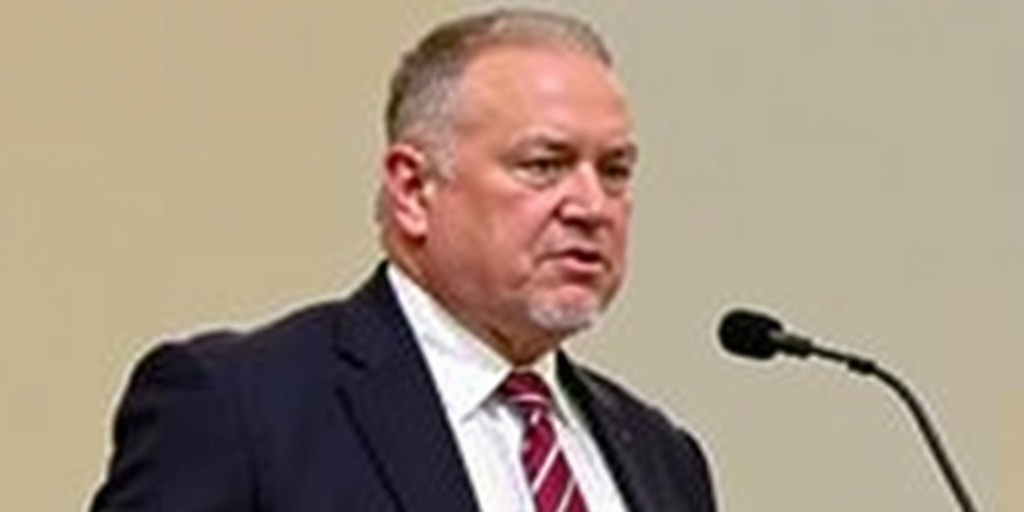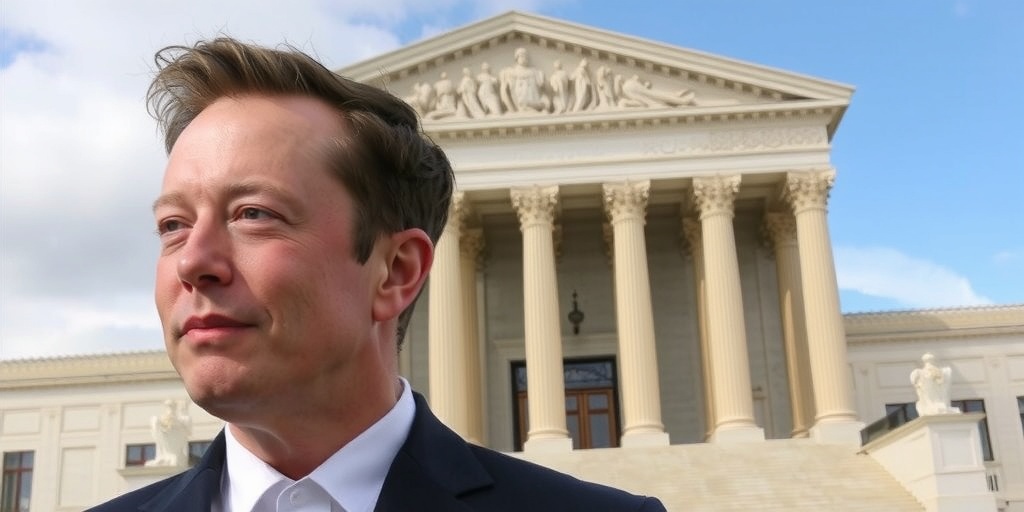Now Reading: Trump to Revoke Venezuela Oil License
-
01
Trump to Revoke Venezuela Oil License
Trump to Revoke Venezuela Oil License

Trump Proposes Reversal of Oil Policy on Venezuela, Impacting Chevron and the Nation’s Economy
In a recent statement on his social media platform, Truth Social, former President Donald Trump announced that he plans to revoke a policy established during the Biden administration that permitted increased oil production and exportation from Venezuela. This decision is poised to have significant repercussions not only for the Venezuelan government but also for Chevron, a major oil producer with long-standing operations in the country.
On Wednesday, Trump’s declaration focused primarily on the U.S. sanctions and conditions related to Venezuela, without directly mentioning Chevron by name. The Biden era policy, which was enacted on November 26, 2022, saw the U.S. Treasury Department grant Chevron permission to expand its operations in Venezuela. This licensing agreement is set to be reviewed for renewal on March 1, but Trump’s proposed rollback has raised questions about the future of U.S.-Venezuela oil relations.
In his post, Trump highlighted concerns regarding the Venezuelan government’s purported failure to comply with agreements related to the repatriation of criminals to the United States. He stated, “The regime has not been transporting the violent criminals that they sent into our Country (the Good Ole’ U.S.A.) back to Venezuela at the rapid pace that they had agreed to.” Such remarks underscore Trump’s continuing emphasis on immigration issues linked to U.S.-Venezuela relations.
A representative from Chevron responded to Trump’s comments by stating that the company is currently assessing the implications of the former president’s announcement. Chevron stands as the second-largest oil producer in the United States and has established a significant presence in Venezuela over the years.
In a previous discussion about Venezuela, Chevron CEO Mike Wirth noted the company’s priority is ensuring the safety of its staff while adhering to legal regulations. Wirth asserted, “We don’t set policy. We engage with the government to help inform them of the potential impacts of policy choices, and we’ll continue to do so,” thereby emphasizing Chevron’s role as a corporate entity operating within a complex geopolitical landscape.
The economy of Venezuela heavily relies on oil, which is considered the backbone of its troubled financial system. Despite possessing what is believed to be the largest oil reserves in the world, the Venezuelan government, led by President Nicolás Maduro, has struggled to fully exploit these resources. This struggle is attributed to a combination of government mismanagement and lack of investment in the state-owned oil company, Petróleos de Venezuela (PDVSA).
Venezuelan Vice President Delcy Rodríguez did not hold back her criticism of Trump’s proposed policy change, labeling it “a harmful and inexplicable decision” in a social media post. She argued that Trump’s actions would not only harm the Venezuelan populace but would also inadvertently inflict negative consequences upon the United States, its citizens, and its companies. Rodríguez further warned that such a move could exacerbate the migration crisis faced by Venezuela, which has already produced a significant exodus of its citizens in search of better living conditions.
The White House along with the Treasury Department has not yet provided an official response to inquiries regarding Trump’s announcement, leaving the situation open to speculation and concern among stakeholders.
The backdrop of Trump’s statements is an already complicated relationship between the U.S. and Venezuela. Following the imposition of sanctions by Trump during his presidency in 2019—which halted U.S. imports of Venezuelan oil—the Biden administration later approved Chevron’s export of oil produced in Venezuela in late 2022, resuming limited trade. Currently, the U.S. imports approximately 226,000 barrels of oil per day from Venezuela, a mere 1 percent of its total oil demand, according to the Energy Information Administration (EIA).
Interestingly, Venezuela’s oil, characterized as denser and more viscous compared to other global varieties, poses its own challenges for U.S. refineries, which are generally optimized to process a mix of this heavier oil alongside lighter domestic grades. As global oil markets fluctuate, the implications of Trump’s proposed policy shift extend beyond mere energy production, intertwining with broader aspects of immigration, economic stability, and geopolitical strategy.
As developments unfold, industry observers and political analysts will closely monitor the potential impacts of Trump’s policy reversal on both Chevron’s operations in Venezuela and the overall relationship between the United States and Maduro’s government in the tumultuous South American nation.
Stay Informed With the Latest & Most Important News
Previous Post
Next Post
-
 01New technology breakthrough has everyone talking right now
01New technology breakthrough has everyone talking right now -
 02Unbelievable life hack everyone needs to try today
02Unbelievable life hack everyone needs to try today -
 03Fascinating discovery found buried deep beneath the ocean
03Fascinating discovery found buried deep beneath the ocean -
 04Man invents genius device that solves everyday problems
04Man invents genius device that solves everyday problems -
 05Shocking discovery that changes what we know forever
05Shocking discovery that changes what we know forever -
 06Internet goes wild over celebrity’s unexpected fashion choice
06Internet goes wild over celebrity’s unexpected fashion choice -
 07Rare animal sighting stuns scientists and wildlife lovers
07Rare animal sighting stuns scientists and wildlife lovers




















